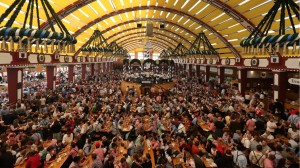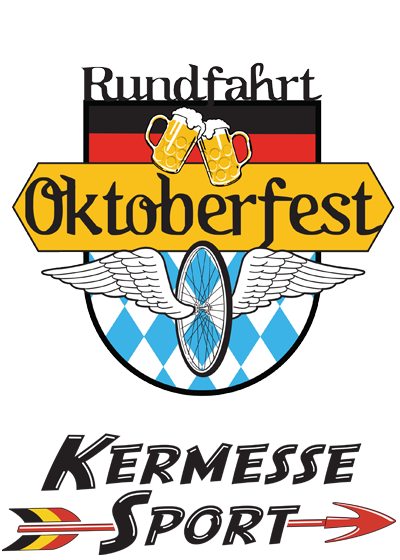The area’s cycling history…
Home to professional road races, prominent amateur races, and recreational rides both large and small, Pennsylvania (and the metropolitan Philadelphia region in particular) has a rich and storied history in the world of cycling.
The Oktoberfest Courses are heavily influenced by the Univest Grand Prix Professional Road Race course.
The Oktoberfest Ride quickly became an anchor event of the autumn calendar.
About the Oktoberfest Ride…
It is an idea so obvious, we don’t know why someone hadn’t done this before…
Pennsylvania is an area rich in German heritage. The landscape and terrain is similar to many areas of Germany, and the local culture has been heavily influenced by it, as evidenced by the names of many communities throughout the state. Pennsylvanians enjoy their outdoors (Pennsylvania means Penn’s Woods), enjoy their food and drink, and who doesn’t like a party?
In this spirit we have created a celebration of the end of the traditional road cycling season with an Oktoberfest theme.
The ride starts and finishes in Harleysville, PA. Two courses are being offered, taking the riders through the rural areas of Montgomery County. In future editions we may add other distance options.
Following the ride, participants can celebrate their accomplishment at post event Oktoberfest Party, where traditional German Style food and beverages will be provided. Much like the original Oktoberfest (replace the horses with bicycles), the event will focus on the ride and post-ride festivities, but as the event evolves into an annual tradition, additional attractions will be added.
And yes, we know the real Oktoberfest is mostly in September and the Oktoberfest Ride is in late October. We just can’t make an earlier date fit in the very busy event calendar, but the fall colors are always better in late October!
 About Oktoberfest…
About Oktoberfest…
Somewhat contradictory to its name, Oktoberfest is the world’s largest fair, held annually in Munich, Germany starts in mid-September and ends on the first Sunday in October. More than 6 million people from around the world visit the festival, which lasts longer than 2 weeks.
Also contrary to popular belief, Oktoberfest is not an ancient celebration. It all began on October 12, 1810 when Crown Prince Ludwig, (who ascended the throne to become King Ludwig I) married Princess Therese. The citizens of Munich were invited to attend the festivities held on the fields in front of the city gates to celebrate the wedding. The festivities ended with horse races, which were so enjoyed, that the event was renewed the following year as a festival for all of Bavaria. The festivities immediately became an annual tradition, were extended, and the dates moved forward to take advantage of better weather, and have evolved into the Oktoberfest that we still celebrate today. Many other cities and towns through the world now hold their own Oktoberfest celebrations.
What comes to mind of most when thinking of Oktoberfest is the copious amount of festbier that is consumed. While this is certainly true, the festival also includes games, competitions, amusement rides, and large quantities of Bavarian delicacies including Hendl (roast chicken), Schweinebraten (roast pork), Schweinshaxe (grilled ham hock), Steckerlfisch (grilled fish on a stick), Würstl (sausages), along with Brezen (soft pretzels), Knödel (potato dumplings), Käsespätzle (cheese noodles), Reiberdatschi (potato pancakes), Sauerkraut or Rotkohl/Blaukraut (red cabbage) and Weisswurst (a white sausage).

